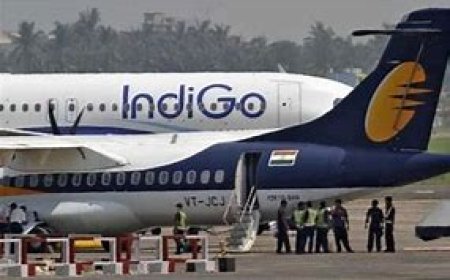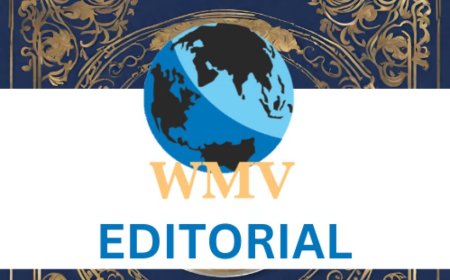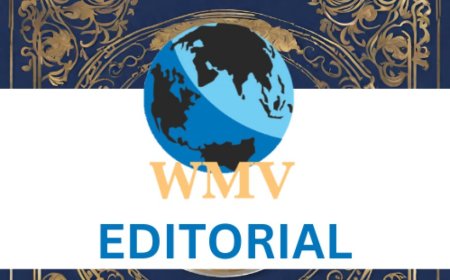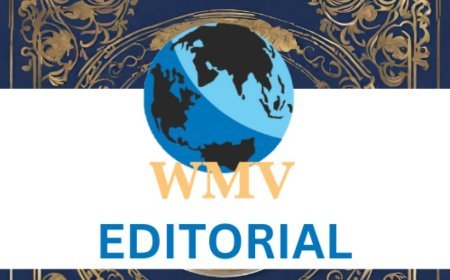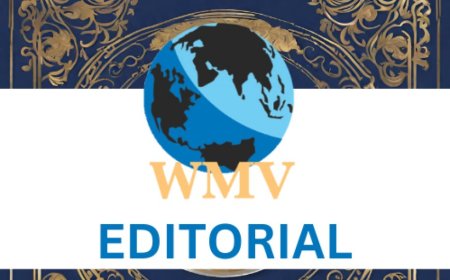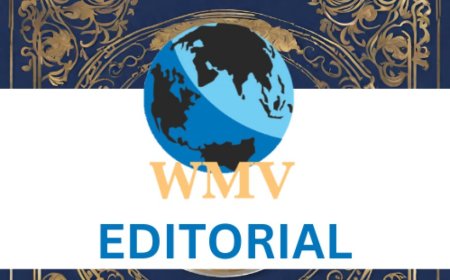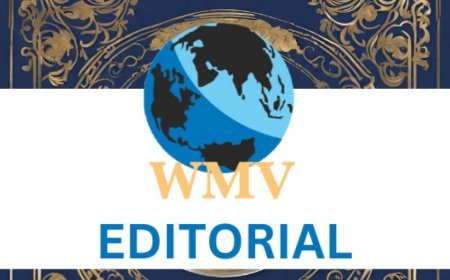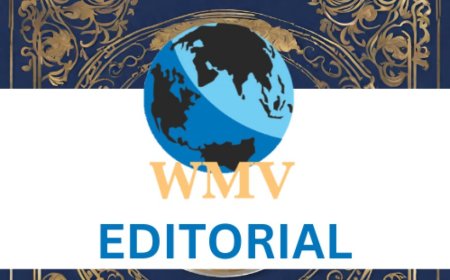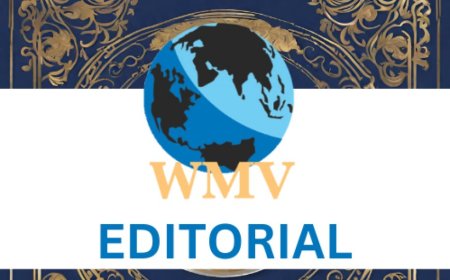China asks airlines not to take deliveries from Boeing. Is it good news for Indian carriers?
The eyes are definitely on India, with carriers hungry to add more capacity in what has long been a supply chain-constrained environment. Air India Express, SpiceJet and Akasa Air have orders with Boeing.

AS the trade war between the US and China continues to intensify, a Bloomberg report has indicated that the Chinese government has asked its airlines not to take any new deliveries from Boeing.
The move would possibly hurt the American planemaker, which has been going from one crisis to another. No sooner did the news come out than the buzz shifted to who benefits from this move if this lasts long.
The immediate eyes are definitely on India, with carriers hungry to add more capacity in what has long been a supply chain-constrained environment. Air India Express, SpiceJet and Akasa Air have orders with Boeing. Air India Express and Akasa Air are actively receiving planes, while SpiceJet awaits the status and fate of its order.
Both Akasa Air and Air India Express have been beneficiaries of white-tail planes, industry parlance for planes that were produced and not taken up by the airlines that placed orders for them.
Most of Akasa Air planes have been white-tails while all of Air India Express MAX deliveries are planes meant for other carriers, mainly Chinese. Passengers can notice the different seat types and covers, along with a dual-class layout in them.
Data from Boeing shows that the Chinese carriers placed orders for 253 MAX aircraft between 2013 and 2017, with no orders placed since then. The carriers also placed orders for 82 Dreamliners since 2013. China has seen deliveries of 155 MAX aircraft and 105 Dreamliners.
Some aircraft have come from leasing companies or have been leased out to other carriers later by lessors from China. There are 96 unfulfilled orders for Boeing in China for the MAX aircraft and 11 for the Dreamliners. These two types are in demand in India.
What does this mean for Boeing?
Boeing has been going from one crisis to another, starting with two deadly crashes of the MAX aircraft which led to a global grounding of the aircraft.
This was followed by the pandemic when the Boeing team repeatedly set a deadline for the return of MAX to the air.
Management changes and FAA scrutiny later, the company faced a strike from the machinists, delaying production and deliveries. When things seem to be on track, the trade war is opening up another challenge for the company and action by one country will set a precedent for either setting off tariffs or deliveries.
Very few countries could be in a position to delay deliveries as airlines the world over have been scrambling for capacity, and most countries let their airlines negotiate and order on their own unlike China, where the government is involved in placing orders for the aircraft.
What does this mean for Indian carriers?
It is too early to tell if the Chinese announcement materialises into actual actions or is just a tool to renegotiate tariffs. However, any availability of additional aircraft will be good news for Indian carriers, especially Akasa Air and Air India Express, which have the financial means to lap up more planes and grow in a market that has been hungry for capacity.
However, this does mean that white-tail aircraft would come with a seating configuration which is not what the airlines want, and so would the livery. Akasa Air got the deliveries after changing the livery at Boeing Field, while Air India Express has seen the livery changes happening in India and the airline taking delivery of planes in the original colours of Chinese carriers.
There is one difference between the initial lot of white-tail planes which Akasa Air bought or Air India Express ordered and now.
While Akasa Air placed an order for planes and decided to take white-tails in the middle of the pandemic when business was down, Air India Express decided to take the white-tails when the inventory was high.
Today, neither are we in the middle of a pandemic nor is there a very large inventory, and airlines will have to fight to get their hands on the planes which may suddenly become available. While it was advantage airlines in the past, Boeing today stands in a commanding position with the ability to earn more on planes which could be available with a shorter lead time or immediately.


















